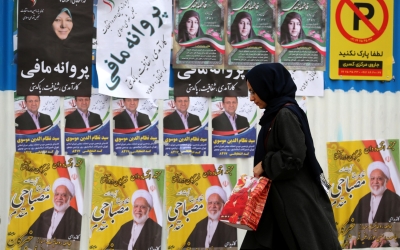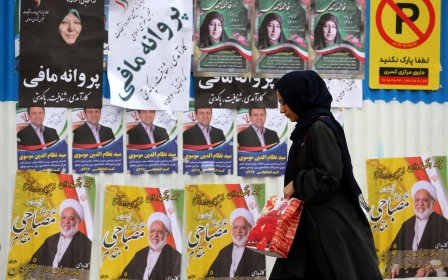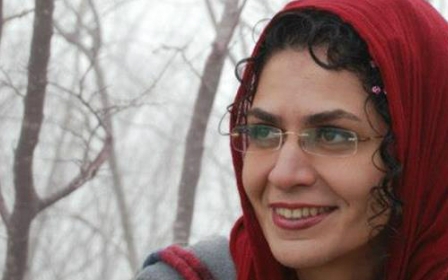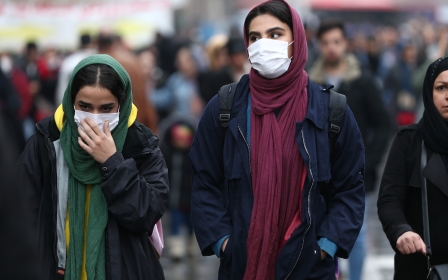Polls close in Iran's parliamentary election after voting hours extended
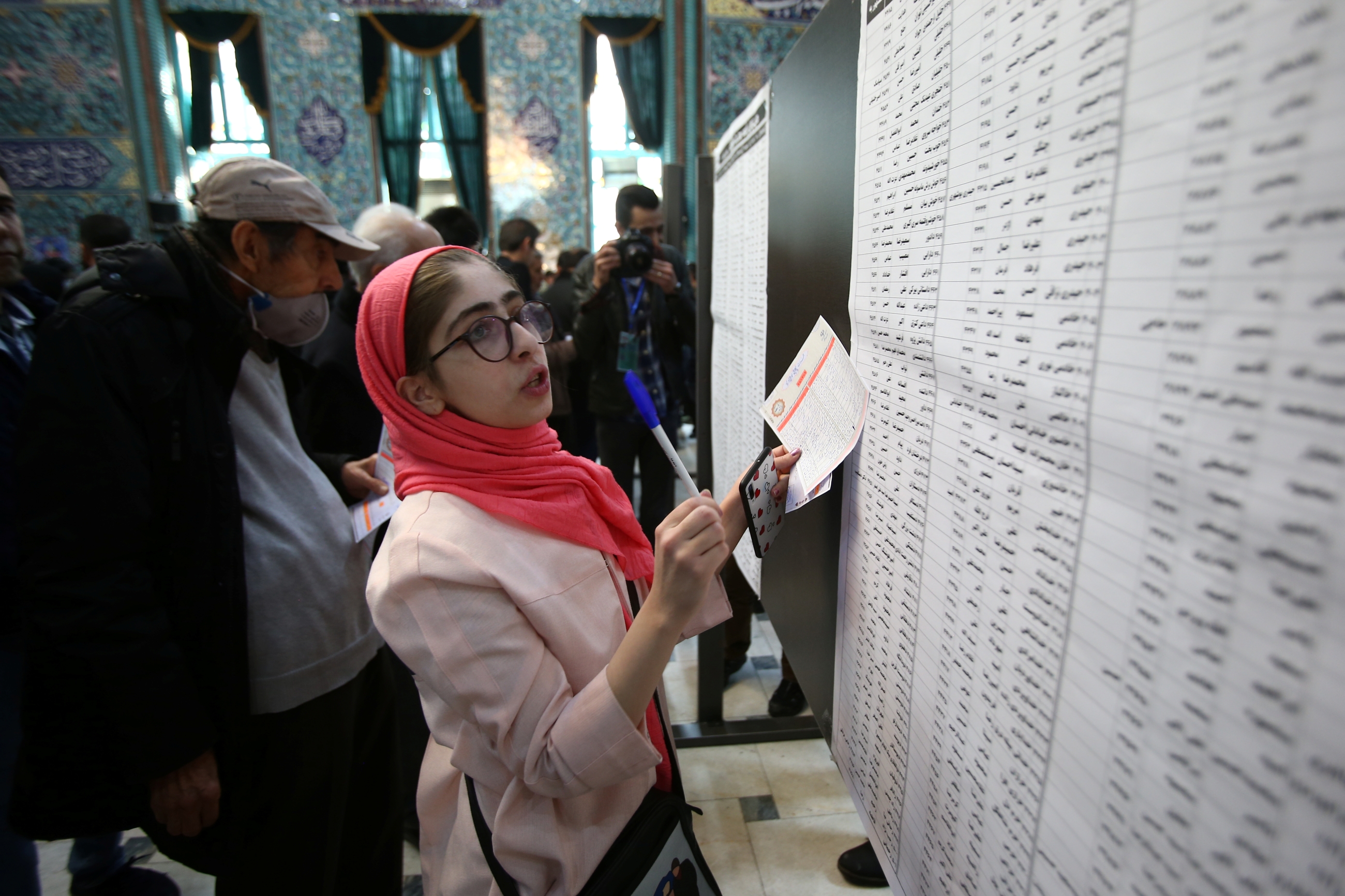
Polls have closed in Iran's 11th parliamentary elections, seen as testing President Hassan Rouhani's reformist-moderate base as the country's hardliners were expected to make big gains.
The race for Iran's 290-member parliament was set amid a range of issues facing the Islamic Republic, including escalating political tensions and economic woes.
The election suffered from low voter participation, with only 11 million of almost 58 million people eligible to vote having taken part in the election as of mid-afternoon, according to the Ministry of Interior.
Iranian authorities had forecast a 50 percent turnout, but figures announced by the ministry after seven hours of voting suggested only a fifth of registered voters had turned up. Previous elections saw higher turnout, with the 2016 vote receiving 62 percent voter turnout and 2012 polls getting 66 percent.
Tehran implemented two emergency extensions of voting in Friday's parliamentary elections amid concerns over the decline in turnout, state television reported.
New MEE newsletter: Jerusalem Dispatch
Sign up to get the latest insights and analysis on Israel-Palestine, alongside Turkey Unpacked and other MEE newsletters
The polls closed at 2000 GMT, hours after they were initially intended to finish up. Official results were to be announced on Saturday, state TV said.
Hardliners expected to sweep
Iran's hardliners were expected to sweep the elections after boycotts by reformists, who hadn't fielded candidates in two-thirds of Iran's provinces.
Encouraging Iranians to vote, state TV aired footage of people lined up at polling stations set up mainly at mosques.
Iran's Supreme Leader Ali Khamenei was the first to cast his ballot for the 290-seat parliament, saying voting was "a religious duty".
Parliamentary candidates were chosen by the Guardian Council, whose own members are chosen by Khamenei.
The Guardian Council has long been accused of vetting candidates based on its own political tendencies, as prominent and outspoken reformists have largely been barred from running.
This year the issue intensified as the council barred most reformist candidates while most conservatives and hardliners were approved - although exact numbers were not made public.
Tensions among Iran's political factions are thought to have worsened since the US assassinated top Islamic Revolutionary Guard Corps General Qassem Soleimani in January, prompting intense debate over how the country should respond.
In Tehran, a city that accounts for 30 seats in parliament, the hardline candidates were headed by Mohammad Bagher Qalibaf, a former mayor of the capital who once commanded the elite Revolutionary Guards.
Large numbers of the reformists' base had indicated that they were inclined not to vote in the election to express their objection to the political system.
Some argue that parliament has lost its power and that reformist MPs haven't been able to pass any meaningful legislation without being blocked by conservatives and hardliners.
Past electoral trends have shown that large turnout rates tend to coincide with reformist and moderate wins.
Middle East Eye delivers independent and unrivalled coverage and analysis of the Middle East, North Africa and beyond. To learn more about republishing this content and the associated fees, please fill out this form. More about MEE can be found here.


